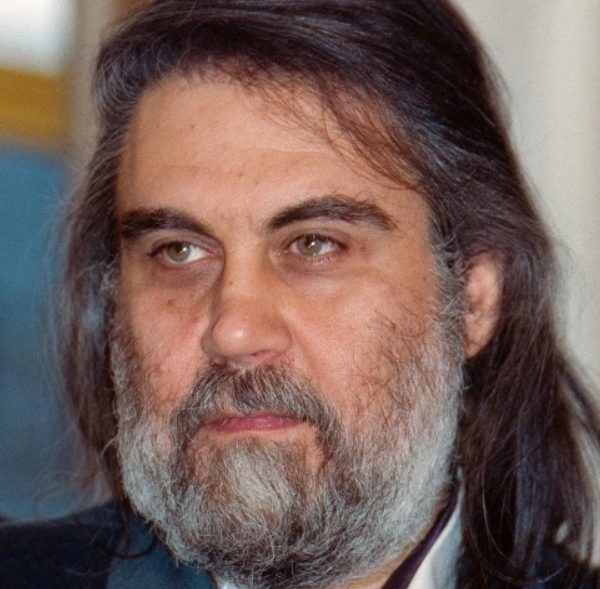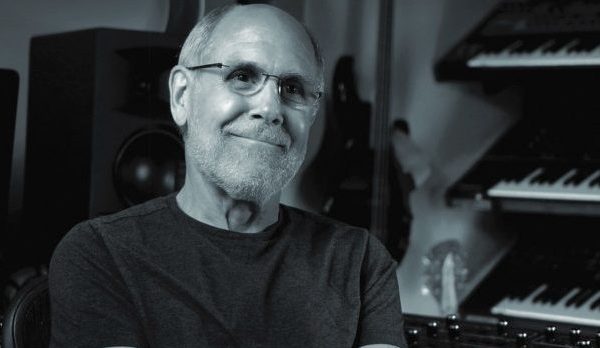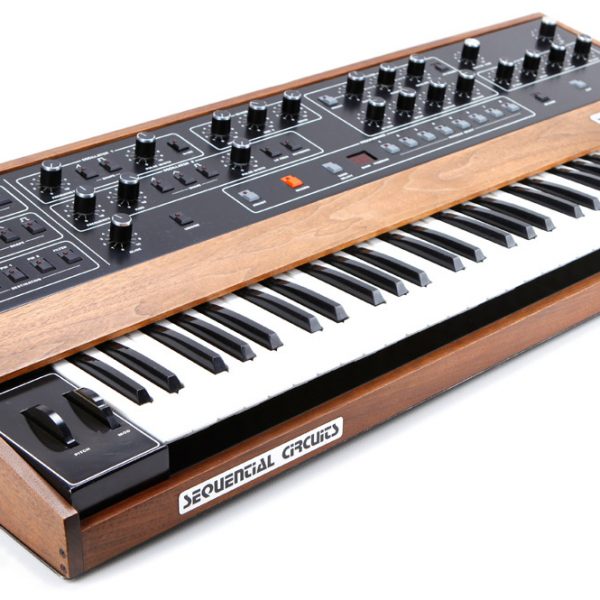Vangelis, Andy Fletcher and Dave Smith Used Synths to Terraform the Music Landscape (Opinion)

Bad things don’t always come in threes. In the month of May, however, students of electronic music had their dreaded moment.
Three generations of groundbreaking electronic artists left this planet last month, creators who built mountains within a sonic landscape which, for reasons unknown, has never sat well with contemporary music snobs.
Vangelis, Andy Fletcher and Dave Smith were those terraformers, musical progressives, each operating in their own lane.
Pop, hip-hop, essentially all music today features elements of their input.
Respect is due.

Vangelis
Greece-born Vangelis left us May 17, at the age of 79, having climbed music’s Everest on several occasions. The toughest gig in this business surely must be scoring a big-budget soundtrack, playing that vital cog in a huge machine, appeasing egos, the money-men and nailing the brief. Just ask Twenty One Pilots’ Tyler Joseph, whose own contribution to Top Gun: Maverick was ejected.
The failures never see the light of day, they’re never spoken of.
Dear Vangelis,
— Jean-Michel Jarre (@jeanmicheljarre) May 19, 2022
We will all remember your unique touch and your moving melodies forever.
You & I have always shared the same passion for synthesizers and electronic music since so long…
May you Rest In Peace,
JMJ x pic.twitter.com/egL8rNbIHn
Vangelis, a high-profile artist in his own right, delivered in a big way for the big screen.
His score for Chariots of Fire is legendary, an Oscar-winner, which, unfortunately, is seared into the minds of many along with imagery of posh Englishmen running on beaches.
His original work on the future-noir masterpiece Blade Runner is sublime and iconic. Its director Ridley Scott asked him back, to score 1492. All three compositions orbit in different solar systems, all sound like Vangelis.

Andy Fletcher
Fletcher, founding member and keyboardist with Depeche Mode, died May 26, aged just 60.
If contemporary music is measured by hits, Depeche Mode has an embarrassment of riches, from those early electro-pop numbers “Dreaming of Me” and “Just Can’t Get Enough,” through to the searing “Blasphemous Rumours,” the blues-rock-belter “I Feel You” and many more.
DM is a border breaker (they’re huge in Germany), uniting goths with fans of synth-pop and rock, a band that pushes boundaries, socially and lyrically, and find themselves in a different place from where they started.
Indeed, the group wouldn’t get their first Billboard 200 chart leader until 1993’s Songs of Faith and Devotion, their eighth studio album.
Where electronic music is overlooked by music critics, ‘80s bands are the scourge. So, when DM was inducted into the Rock And Roll Hall of Fame in 2020, it marked the end of a cold war, and rolled out the Rock Hall red carpet for the likes of Duran Duran and Eurythmics, synth-fueled contemporaries who get the nod this year.

Dave Smith
The synth community lost a titan when Dave Smith moved on, May 31, at the age of 72. It was Smith who, through his company Sequential, designed the Prophet-5, a revolutionary programmable polyphonic instrument, along with drum machines and a range of instruments for which synth wizards would engage in battle.
We are deeply saddened to learn that Dave Smith of Sequential has passed away. As a true synthesizer pioneer, he was very much admired and respected by Roland and others. We offer our condolences to his family, friends, colleagues, and fans worldwide. pic.twitter.com/8iZyNKvgjV
— Roland (@RolandGlobal) June 2, 2022
Later, in the 1990s, he would develop soft synths with Seer Systems. For a crude analogy, that would be like Smith inventing the bicycle, then the motorbike.

Prophet-5
In his spare time, he co-founded MIDI, the set of instructions that allow digital music gear to work in harmony. So, a language.
The outpouring from the artists who used his instruments sincere and real. Even rival companies paid their respects. Smith’s contributions, not just to electronic music, but to music, is immense.
Without Dave’s “vision and ingenuity, the sound of the 1980s would have been very different,” wrote Duran Duran’s Nick Rhodes. “He truly changed the sonic soundscape of a generation.”
Giants don’t come around all that often. Vangelis, Fletcher and Smith, pioneers of the most progressive of instruments, were of that class.






























